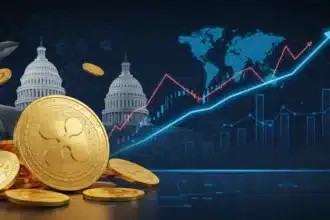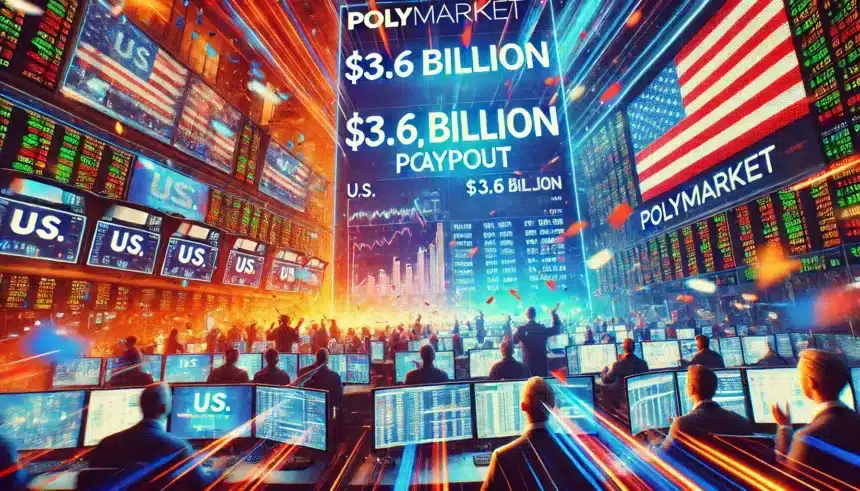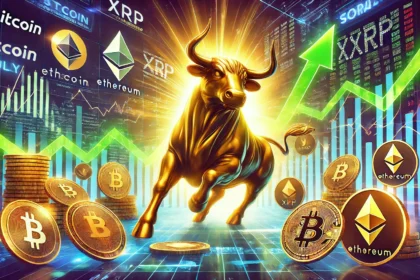Polymarket, a reliable prediction market, reportedly settled $3.6 billion contract based on the 2024 U.S. Presidential Election outcome after news networks such as the Associated Press, NBC, and Fox News called it for Republican candidate Donald Trump. Not only can it be concluded that polymarkets exist and are global, but prediction markets are gradually becoming the new way to predict political events.
Prediction Markets and Polymarkets Specifically
Polymarket’s Presidential Election contract for instance entered the mainstream after creating trading volumes of $3.6 billion. As a real-time prediction market, Polymarket created demand out of people staking their funds on whether Trump or his Democratic opponent would win, which in turn contributed to active interest in this concept of election prediction.
“This contract has taken prediction markets to a new level of visibility,” Polymarket CEO Shayne Coplan said in an interview. “The public is developing interest in how these markets can complement conventional polling.” In its way, Polymarket is not the same as other polling methods; it’s an actual market with real money wagered on outcomes, which some consider beneficial.
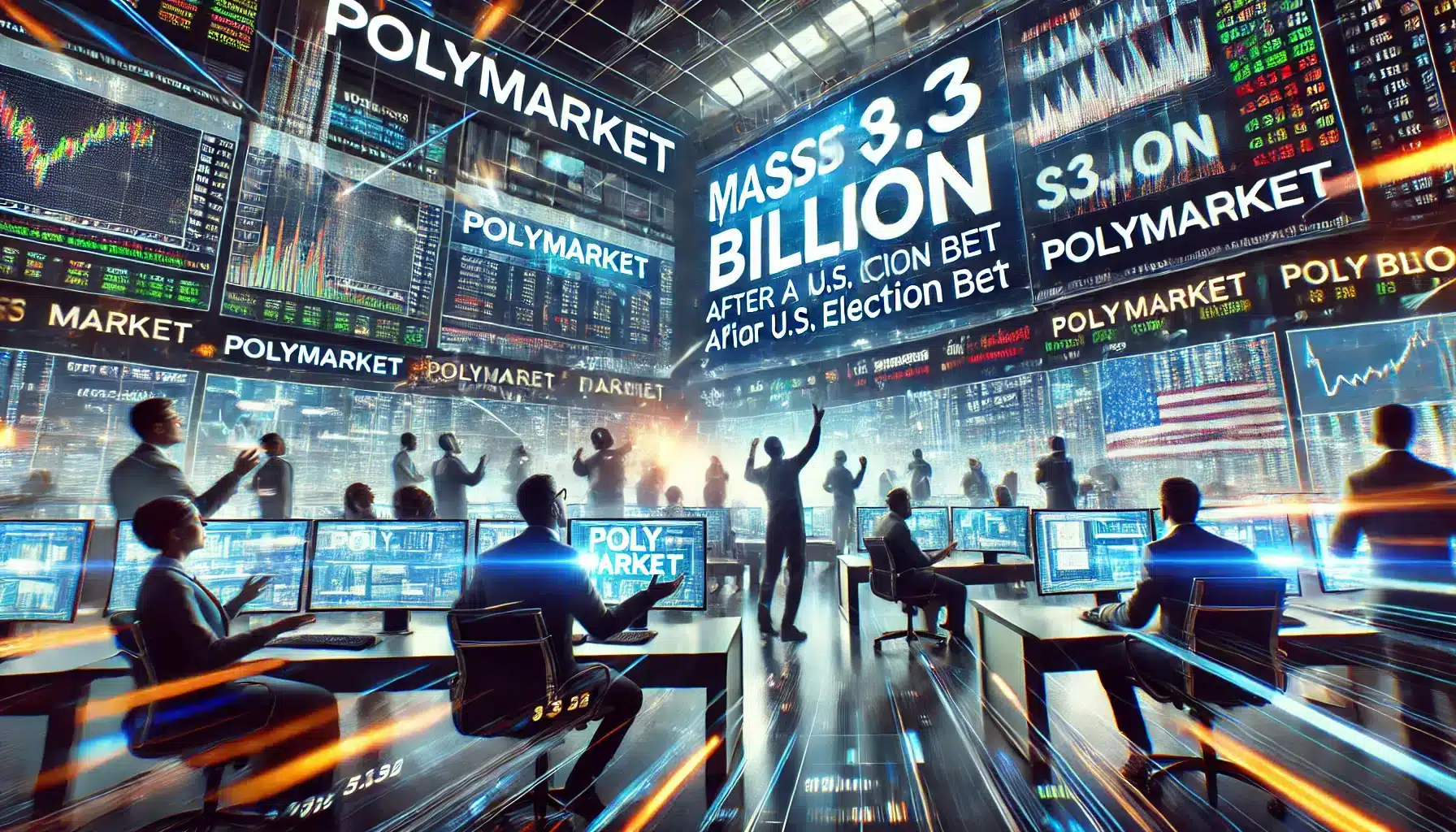
Polymarket’s contract closed at 10:59 a.m. ET on November 6 as the news from NBC and the Associated Press came through. While Fox News was the first to declare Trump as the winner, Polymarket needed at least the second and the third networks to confirm the result before closing the contract, thus obeying the platform rules aimed at achieving high accuracy of contract resolutions.
High-Stakes Wagers and Big Winners
Based on the effect of Polymarket contract, some betters were able to make big profits. An election prediction contract appeared in December last year and at that time, a French financial specialist with the pseudonym “Theo” made several bets and earned more than $47.5 million. This massive victory has querying the admiration and criticism of some people, inquiring if high-stakes betting enthusiasts could sway the market feeling.
In an interview to *The Wall Street Journal*, Theo dismissed all such arguments by saying that their actions were religious and not political at all. “These are high conviction trades,” Theo pointed out – they had used most of their available cash to trade on Polymarket. High rollers such as Theo investing large amounts and people investing their money in prediction markets believe that they may have an edge over usual polls.
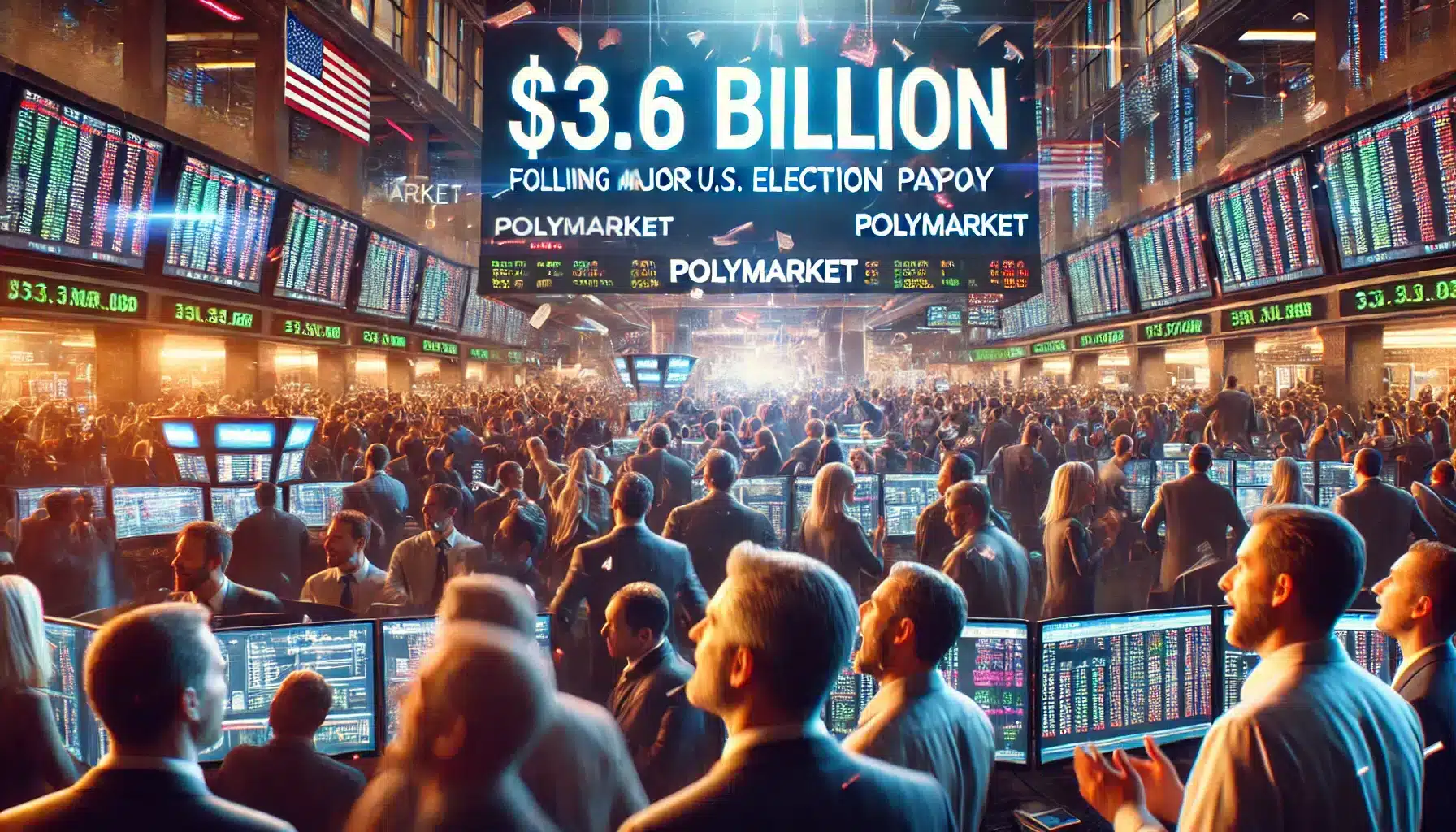
Although Theo was on the foreground, there is another Polymarket participant, zxgngl, registered in October, and whose profit reached $11.4 million. Such active users contribute to demand for prediction markets while at the same time, the success of such users has raised eyebrows of economists and other experts.
Expert Caution on Prediction Market Reliability
Despite a high trading volume and a large number of paid crowds, Polymarket represents a shift in the prognosis market interest, although not all are sceptical about its accuracy. Economist at Columbia University’s Barnard College, Professor Rajiv Sethi said that prediction markets should not be relied on fully. “It’s a bit silly to debate whether prediction markets are better or worse than statistical models, it can be answered only with the data,” he noted in the statement to *CoinDesk*.
as Sethi pointed, prediction markets give real-time information but the factors like transaction disclosure, the KYC policy, and limits on participation hamper accuracy. He said these markets could be helpful to measure opinion and must go through thorough research and analysis to know if it is efficient in the long-run.
Still, many specialists consider Polymarket’s success as the breakthrough of the prediction markets as they might gain more importance in future elections as well as other events.
Emerging Role of Prediction Markets in Political Prediction
The termination of Polymarket’s $3.6 billion Presidential Election contract after Trump’s win revealed how predictive markets’ popularity is growing. Although Polymarket is now associated with high trading volume and publicized wins, it is helping introduce the public to this way of forecasting that potential and unique way for users to be brought into into major events.
While these prediction markets are promising, such as the one described in the article, people must be careful when using it in order to get reliable results – Sethi says that it should be backed up with serious data analysis. Since more and more people start paying attention to the prediction markets, their involvement in future elections is sure to raise discussions about the benefits and drawbacks of using such platforms as an alternative to polling. Keep following TheBITJournal and keep an eye on crypto trends and developments.
Follow us on Twitter and LinkedIn and join our Telegram channel to be instantly informed about breaking news!


